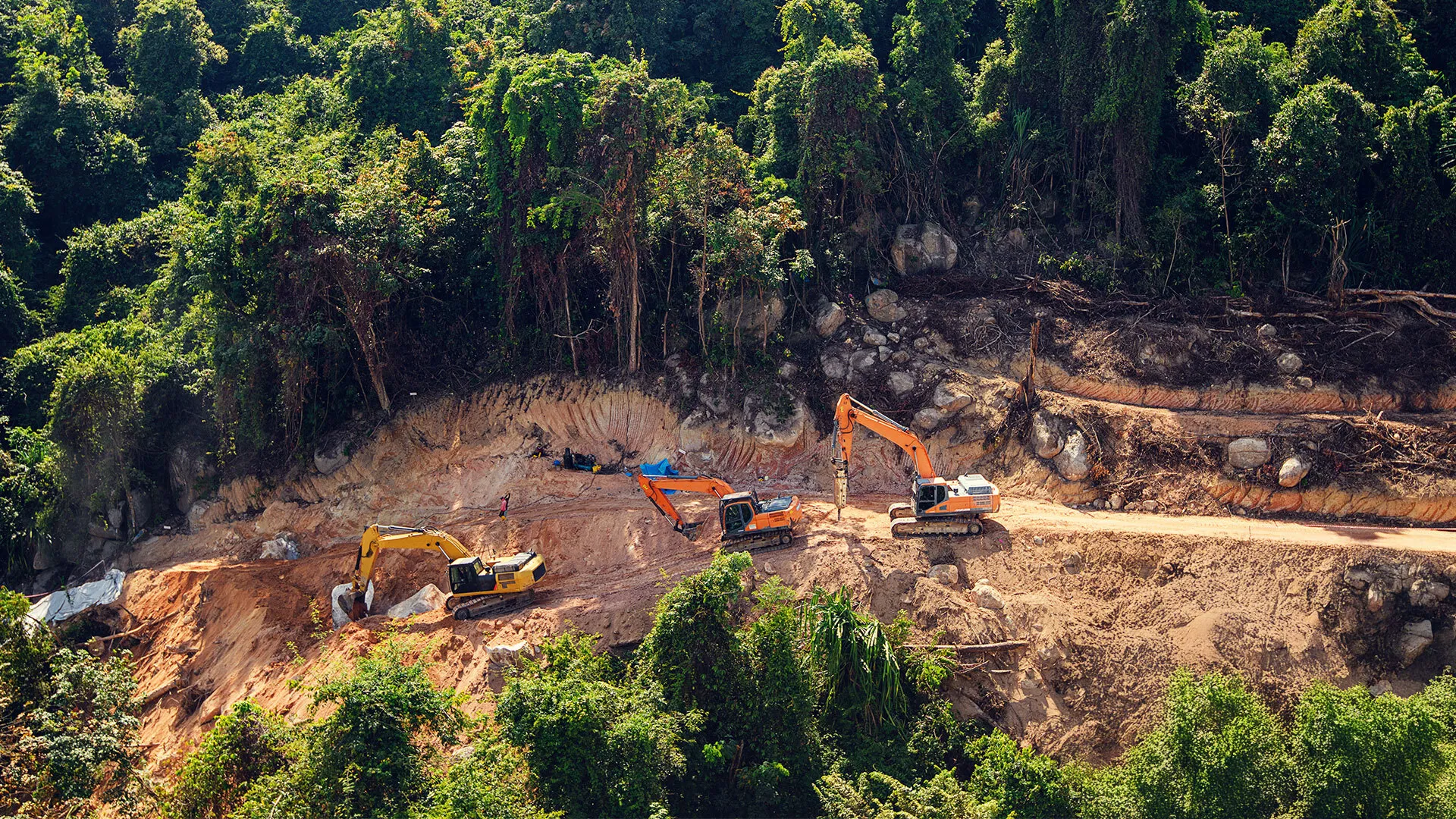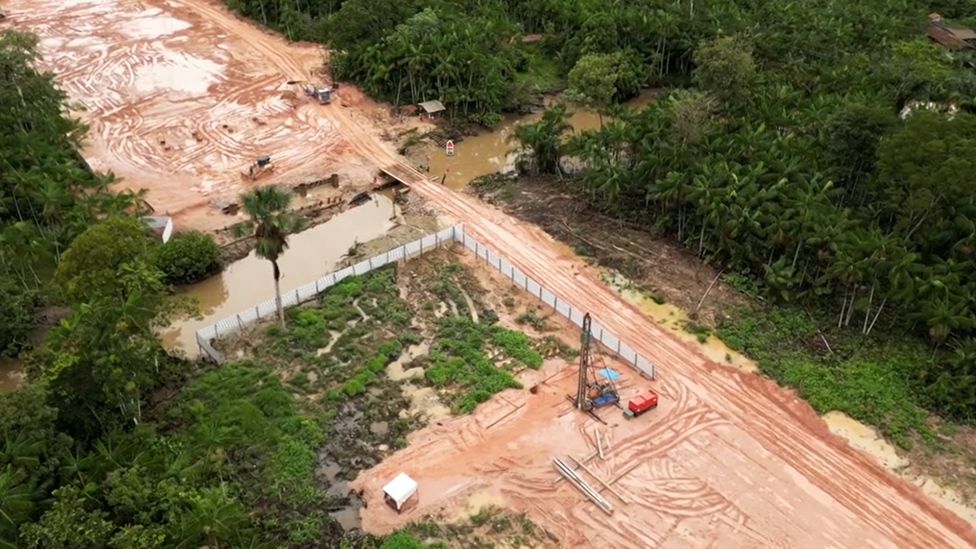Brazil’s preparations for COP30, the United Nations Climate Change Conference set for November 2025 in Belém, have erupted into a scandal after reports exposed the ruthless destruction of over 1,000 hectares of pristine Amazon rainforest to build infrastructure for the summit. Brazilian authorities have bulldozed sacred lands, wiping out habitats for rare species and releasing massive carbon stores, all to construct a highway and facilities, per government admissions. This environmental outrage, spearheaded by President Luiz Inácio Lula da Silva’s administration, has ignited fury among environmentalists, indigenous tribes, and world leaders, threatening to derail COP30’s credibility and expose the hypocrisy of hosting a climate summit while torching the planet’s lungs. The devastating irony—slashing the Amazon to save the climate—could mark a catastrophic blow to global environmental efforts.
The deforestation rampage began in 2024, with the Pará state government bragging about a 120-mile highway as “sustainable development” to link Belém to remote areas, per official boasts. Costing $300 million, per budget documents, this project aims to shuttle 30,000 delegates, per UN estimates, but satellite imagery reveals a shocking 1,200 hectares of rainforest razed, per environmental analyses. Indigenous tribes like the Kayapo have been uprooted, and species like the jaguar and Amazonian manatee face extinction, per biodiversity reports. An estimated 500,000 tons of carbon, locked in felled trees, have been unleashed, per climate studies, gutting the summit’s goal of slashing global emissions, per UN targets.
Greenpeace slammed the move as “environmental betrayal” in a March 2025 statement, spotlighting the Amazon’s role as a critical carbon sink, absorbing 2.2 billion tons of CO2 yearly, per scientific data. Kayapo chief Raoni Metuktire roared, “They’re killing our sacred lands for a summit that claims to care!” Local communities, per social surveys, report polluted rivers—20% contaminated, per environmental audits—wrecking fishing and farming, per regional data. Illegal logging, surging 300 hectares beyond the project, per enforcement reports, shows how this highway is a license for eco-destruction, per satellite monitoring.
Brazil’s Lula administration, unapologetic, insists the highway is “vital for economic growth,” per presidential rants, while Environment Minister Marina Silva promises to plant 5,000 hectares by 2027, per hollow policy pledges. But critics scoff, citing Brazil’s 2024 deforestation spike—up 20% to 11,600 square kilometers, per INPE data—proving Lula’s green promises are a sham, per industry critiques. This isn’t progress—it’s plunder, threatening the Amazon, which has already lost 15% of its forest since 1970, per historical data, risking a tipping point into savannah, per climate forecasts.

The global backlash is fierce. U.S. climate envoy John Kerry blasted the deforestation as “a disgrace to COP30’s mission” in a March 2025 interview, per media coverage, while EU climate commissioner Frans Timmermans demanded Brazil stop the carnage, per European Commission tirades. China, recalling its own COP15 flak in 2022, per past reports, watches warily, but Brazil’s Amazon—holding 60% of the world’s tropical rainforest, per environmental data—makes this outrage uniquely devastating, per strategic analyses.
COP30’s credibility, aiming to wrangle $100 billion in climate cash, per UN goals, is crumbling, with 70% of attendees, per a 2025 survey, doubting its legitimacy, per public outrage data. Lula’s 2024 vow for a “COP in the Amazon, not about the Amazon,” per his speeches, is a sick joke, per environmental fury, as deforestation accelerates, per INPE updates. Belém’s growth—population up 10% since 2020, per census data—drives this madness, but the cost to the planet’s lungs is unforgivable, per scientific warnings.
This scandal isn’t just a Brazilian blunder—it’s a global wake-up call. COP30’s hypocrisy, slashing the Amazon to preach climate salvation, could doom the summit and deepen the climate crisis. Brazil must halt this eco-slaughter, or risk becoming the villain of the very cause it claims to champion.
